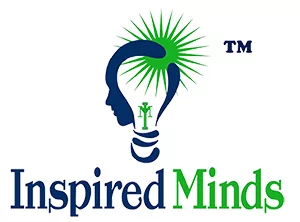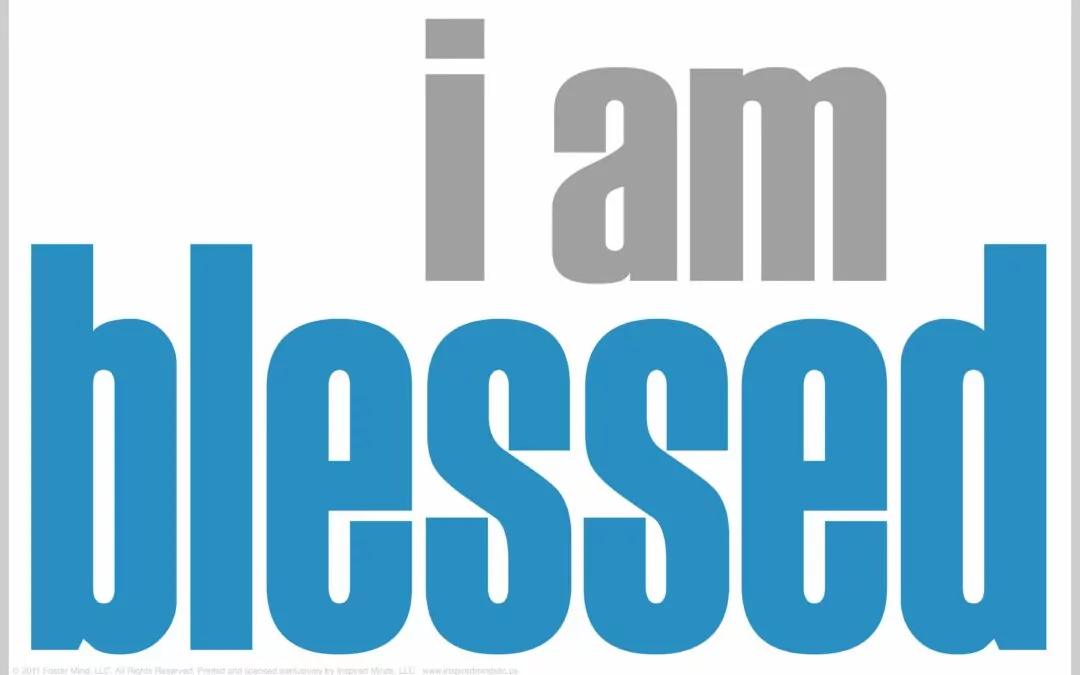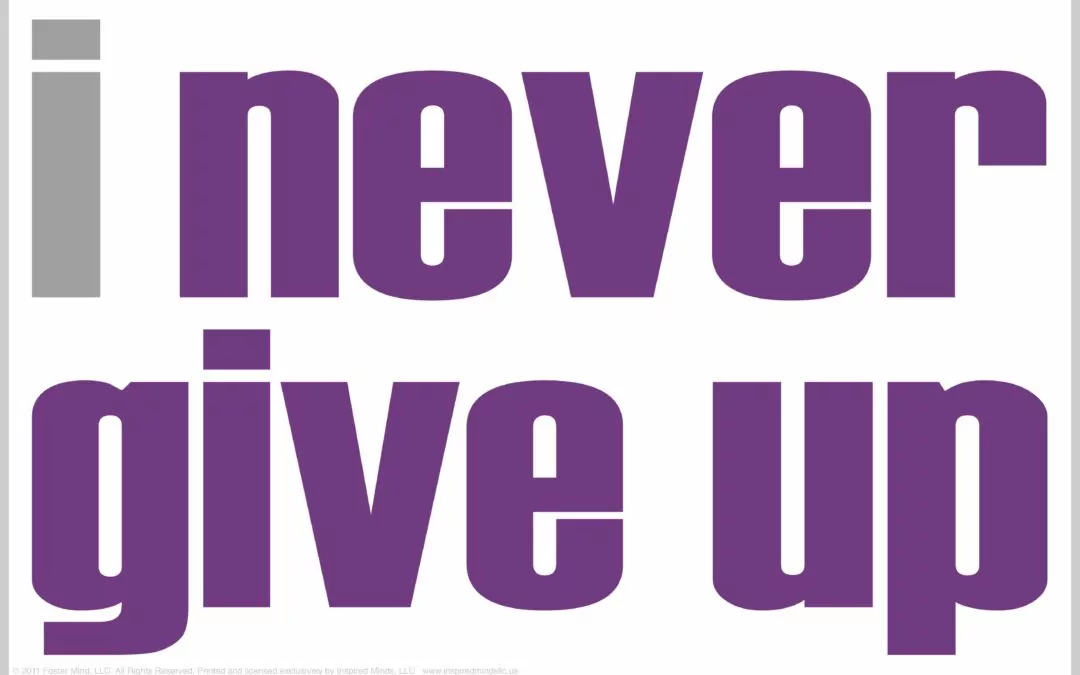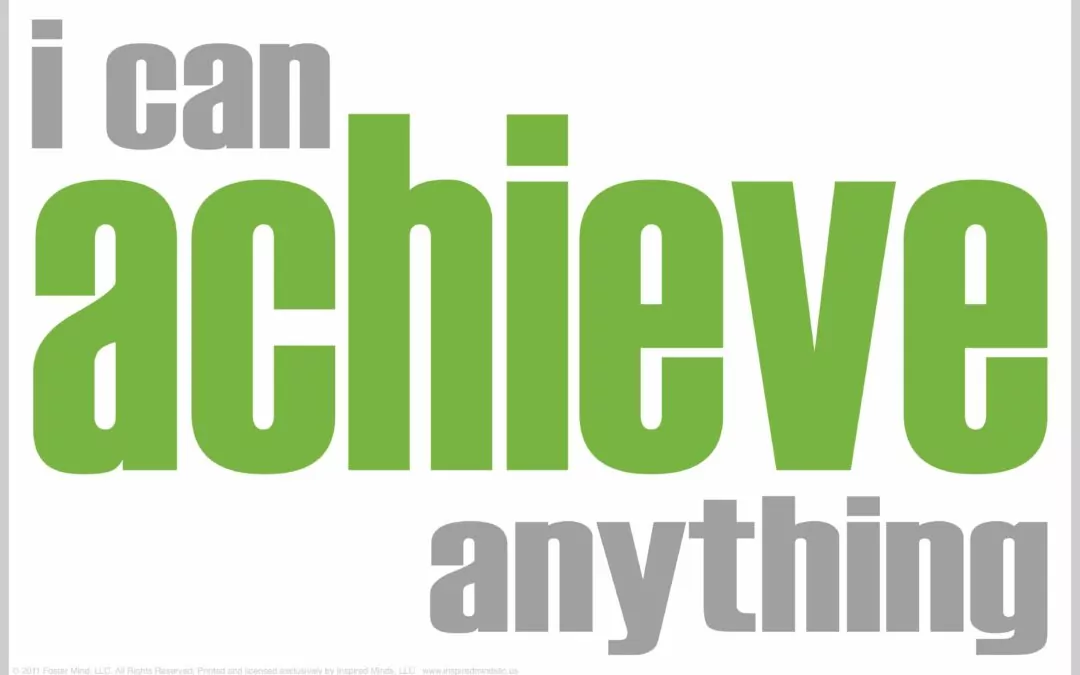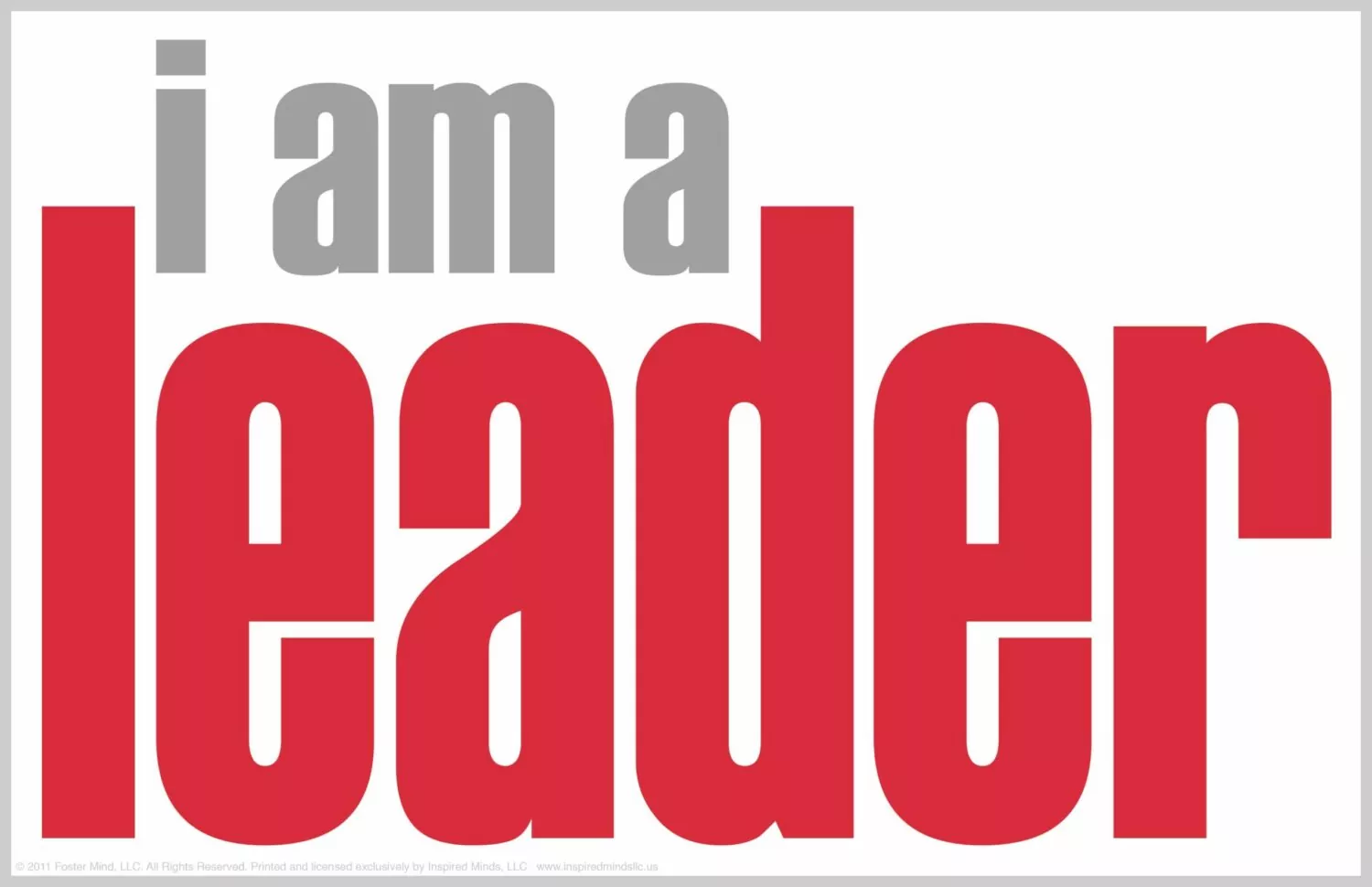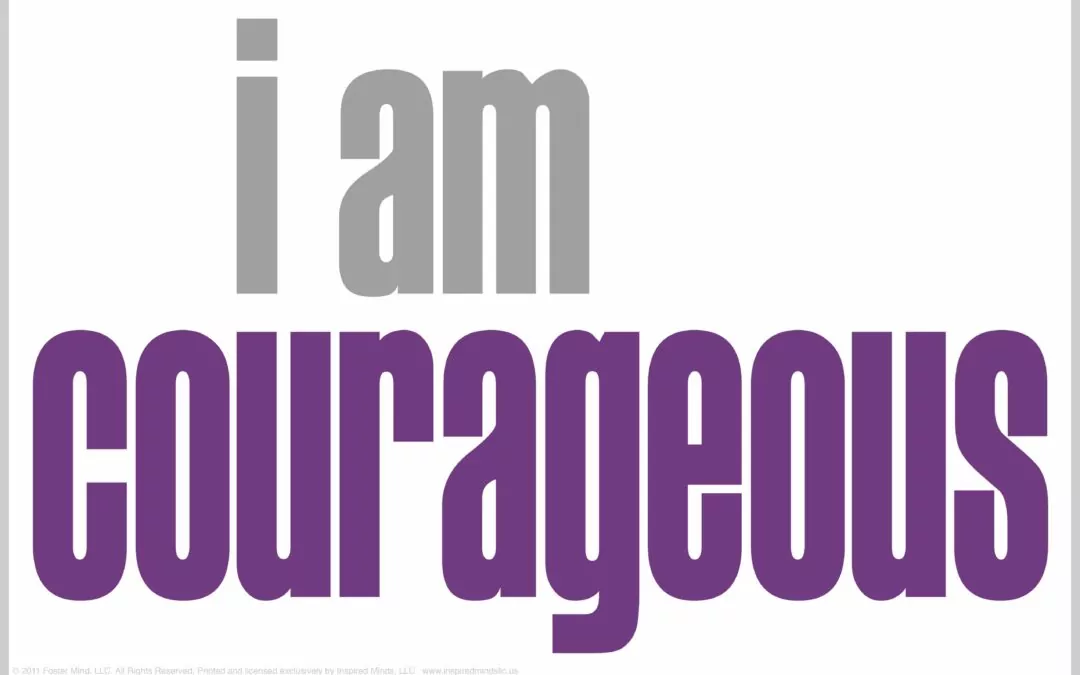
SEL Discussion Resource: I AM COURAGEOUS
These questions are designed to initiate conversations to expand growth mindset and social-emotional learning. This week’s topic is about finding the courage to do hard things and processing emotions connected to fear. The discussion provides opportunities to apply the affirmation to each of the five core competencies of social and emotional learning.
We provide the idea-starters with the intent that teachers can develop creative variations to adapt to age-appropriate use for their students.
SEL Discussion Resource: I AM COURAGEOUS
Self-awareness
- Write or say the affirmation together: I am courageous.
- When you’re low on courage, what physical signs do you feel? (Pounding heart, shaking, sweating, sick to stomach, red face, head hurts, can’t focus, etc.)
- What helps you to calm yourself when you feel anxious? (Breathing exercises, affirmations, taking a break, telling someone, talking to a counselor, journaling, drawing, go for a walk, etc.)
Self-management
- Being courageous means being in control of our feelings of fear. Name some fears a student might have in a school setting.
- Which is an example of courage? (A) Avoiding hard things when you know you’ll fail anyway. (B) Trying something even if you know you could fail.
- Describe the most courageous thing you have ever done. What about it made it take courage?
Responsible decision-making
- Give an example of a situation where someone might need to have the courage to do the right thing when others are not.
- Courage means working through our feelings of embarrassment, uncertainty, and fear. What can happen if we let those feelings control our actions instead of choosing courage?
Social awareness
- Explain which of these actions shows courage and why: Teasing someone or standing up for someone who is being bullied or mistreated.
- What words could you use to encourage someone else to be courageous when they hesitate to let their uniqueness show?
- What words encourage you to be yourself instead of trying to blend in?
Relationship skills
- Describe why it takes courage to forgive someone after they have done something that hurt you.
- Personal opinion question: does it take more courage for you to make friends with someone new or to hang out with someone your friends don’t like? (There is no right or wrong answer. This is about where you need courage most.)
- Write about or discuss a time when you had to give up friends because they were a negative influence on you. In what way did that take courage?
Next week’s SEL focus: I AM CALM, RELAXED AND PEACEFUL
To find the full-size posters to use in your classroom (or the magnet or postcard size) visit our store.
Suggestion for virtual learning:
- Purchase a pack of 30 postcards for the teacher to hold the appropriate one up to the screen during discussion.
- Purchase a pack of 30 small hand-off notes for each student to have at home with them. This allows for an interactive and hands-on experience.
